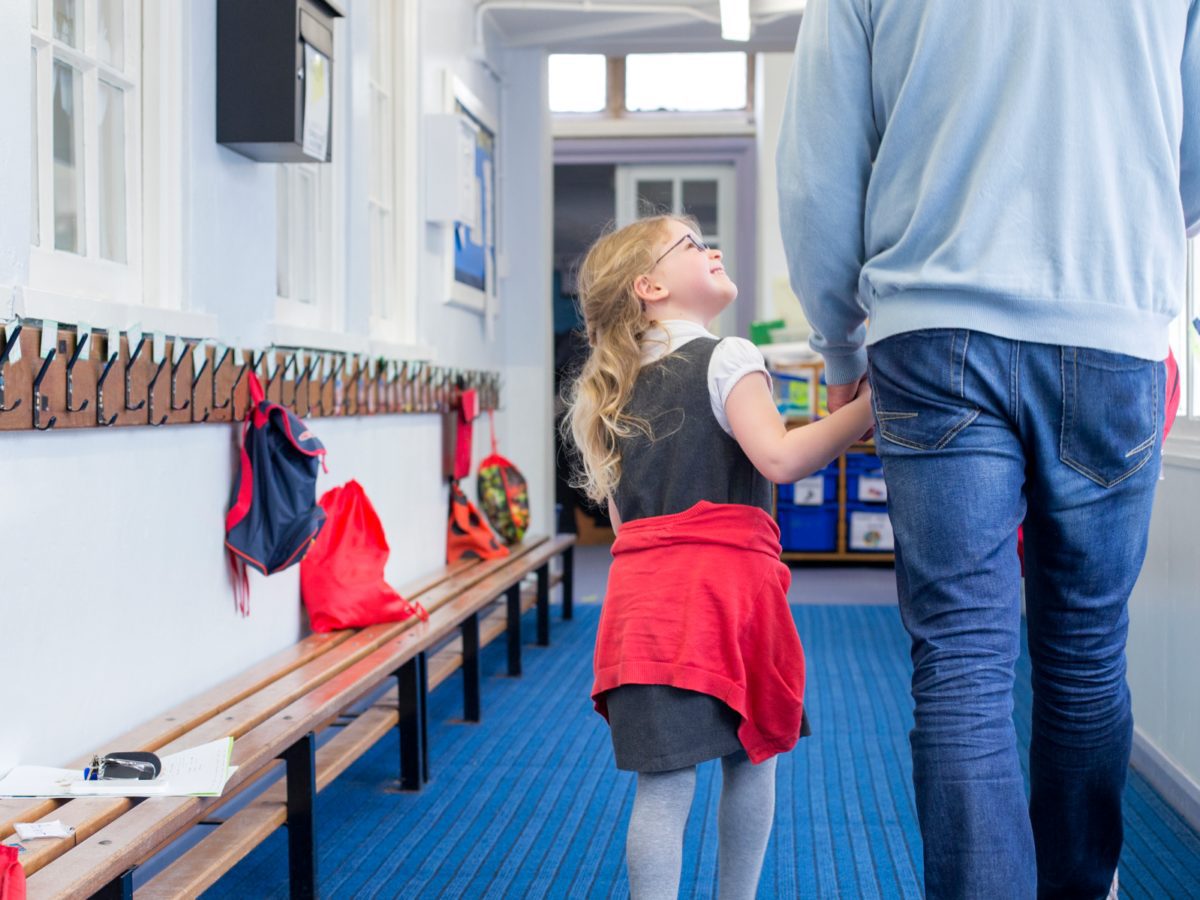By Alyssa Jones
When my son Elijah was two years old, I entered his Sunday School classroom and he came running to me holding a picture he had scribbled on of Moses standing before a burning bush. Across the bottom, his teacher had written, God is holy. Elijah held out the page for me and then rushed down the hallway to find Daddy. As I gathered his things, Elijah’s teacher briefly explained that they had learned about Moses’ calling in Exodus 3.
Later that week, Elijah and I were walking around our neighborhood playing his favorite game of “What’s that?”
What’s that, Mama?
A fire hydrant.
What’s that?
A mailbox.
What’s that?
A bush.
J … Jesus saw a bush!”
His comment seemed strange until I remembered his coloring page. “Ahh, yes!” I said. “You learned about Moses at church. Moses saw a bush, a burning bush.” (Although I’m sure Jesus saw plenty of bushes too.)
In the car later, we asked Elijah if he want to sing a song. “How about ‘The Wheels on the Bus’?” I suggested. “Holy song!” he demanded. His teacher had told me he enjoyed singing. They had been learning “Holy, Holy Holy.” So we sang it as a family, and Elijah did his best to sing along.
Toddlers are little sponges. They are capable of learning dozens of new words each week. They repeat things they hear. They enjoy listening to the same book over and over and over. (I can recite Chicka Chicka Boom Boom in its entirety.) Elijah would pick up the Bible at home and tell me with much enthusiasm, “I read the Bible at church!” He would flip to a page and pretend to read: “Jesus died on the cross!”
Elijah is now eight years old, and we connect at the dinner table, in the car, and at bedtime. He can read the Bible for himself, and he’s thinking about stories like Moses and the burning bush in new ways. We have deeper discussions about what it means when we say that God is holy.
As both a parent and kids ministry volunteer, these experiences with Elijah have helped me remember some important tips for connecting families and the church.
If you are a kids ministry leader:
- Communicate with parents. When parents come to pick up their child, let them know something their child particularly enjoyed during class. Mention a favorite song or game.
- Equip parents. Provide parent resources such as Bible story summaries and discussion questions to help parents talk about the Bible story at home during the week.
- Connect during the week. Consider sending an email to parents a few days before class to introduce the week’s Bible story. Parents can talk to kids about the Bible story at bedtime during the week or as they travel to church.
If you are a parent:
- Take the leading role in your child’s spiritual development. If you feel nervous about talking to your kid about God or the Bible, start practicing! You’ll get more comfortable the more you do it. Don’t be afraid to say “I don’t know” to a question. Then find the answer together.
- Utilize your church’s resources. When your child gives you a take-home page, put it on the refrigerator instead of leaving it in the back seat of the car. Ask questions. Talk about the Bible story at breakfast or dinner. Connect with the children’s ministry on social media if leaders post updates online.
- Encourage teachers and volunteers. Let teachers know if your 3-year-old sings a worship song from class every day during the week or if your 8-year-old has memorized the unit key passage. Hearing that God is at work through their efforts in the classroom encourages volunteers. Thank them for spending time investing in your child.
Whether the kids you teach (or parent) are 2 years old or 12 years old, you play a vital role in their understanding of God and the Bible. Show your kids Jesus as your greatest treasure, and pray that they would treasure Him too.
Alyssa Jones is the publishing team leader of The Gospel Project for Kids. She worships and serves in kids ministry with her husband at Refuge Franklin, a church plant outside of Nashville, Tennessee.


 Fun Friday: Funky Frog Wave
Fun Friday: Funky Frog Wave »
»
Leave a Reply